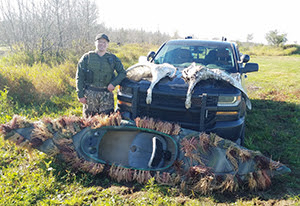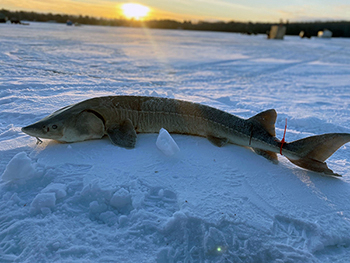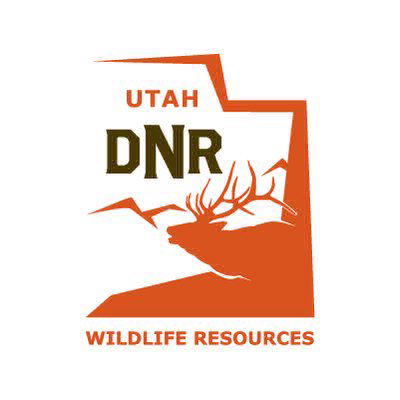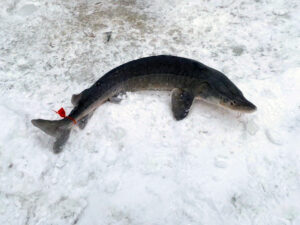Michigan: Conservation Officers Catch Swan Poachers
 A complaint called in to the Michigan Department of Natural Resources’ Report All Poaching hotline resulted in two brothers being ticketed for illegally killing a pair of trumpeter swans on Sept. 28 – the opening day of waterfowl hunting season in the Upper Peninsula.Trumpeter swans are state and federally protected waterfowl, meaning they are illegal to hunt.
A complaint called in to the Michigan Department of Natural Resources’ Report All Poaching hotline resulted in two brothers being ticketed for illegally killing a pair of trumpeter swans on Sept. 28 – the opening day of waterfowl hunting season in the Upper Peninsula.Trumpeter swans are state and federally protected waterfowl, meaning they are illegal to hunt.
Conservation Officer Cody Smith, who patrols Baraga County, was on waterfowl patrol when the tip was called in to the RAP hotline.
“I received a complaint that someone had shot multiple swans in the Sturgeon River sloughs,” Smith said.
Smith contacted his partner, Conservation Officer Doug Hermanson, who patrols Houghton County, to assist. The two conservation officers met at the Sturgeon River Sloughs Wildlife Area, located south of Chassell along U.S. 41.
Several groups of waterfowl hunters were in the area. Smith and Hermanson surveyed the area and identified the suspects reported to the RAP dispatcher – two brothers in their late 20s, from Houghton.
Smith and Hermanson conducted a routine waterfowl check and found one of the hunters in possession of lead shot. Lead shot is toxic when ingested and is illegal to use for hunting waterfowl.
“We asked the hunters if they had seen any geese, which they said they had not,” Smith said. “We spoke to them for a little bit and told them about the RAP complaint.”
Upon asking the hunters where the swans were, the brothers confessed they killed two trumpeter swans and stashed the birds where they dropped. Smith and Hermanson retrieved the swans and issued the poachers tickets for killing two trumpeter swans and possession of lead shot while waterfowl hunting.
Taking illegal waterfowl is a misdemeanor offense and may be punishable with up to 90 days in jail and/or up to $500 for reimbursement, in addition to other court costs.
“I want to thank the tipster who reported these poachers to the RAP hotline,” said Chief Gary Hagler, DNR Law Enforcement Division. “Conservation officers rely on support from the public to preserve natural resources for future generations.”
The trumpeter swans poached in this incident are being retained by the DNR as evidence in the case. Afterward, they will be put to use in one of several ways, including research or public education.
New conservation officers attend a one-week waterfowl academy and receive ongoing waterfowl education throughout their career. If you or someone you know is interested in being a conservation officer, or to learn more about conservation officers, go to Michigan.gov/ConservationOfficers.
If you witness or suspect a natural resource violation, call or text the RAP hotline at 800-292-7800. Dispatchers are always available.






